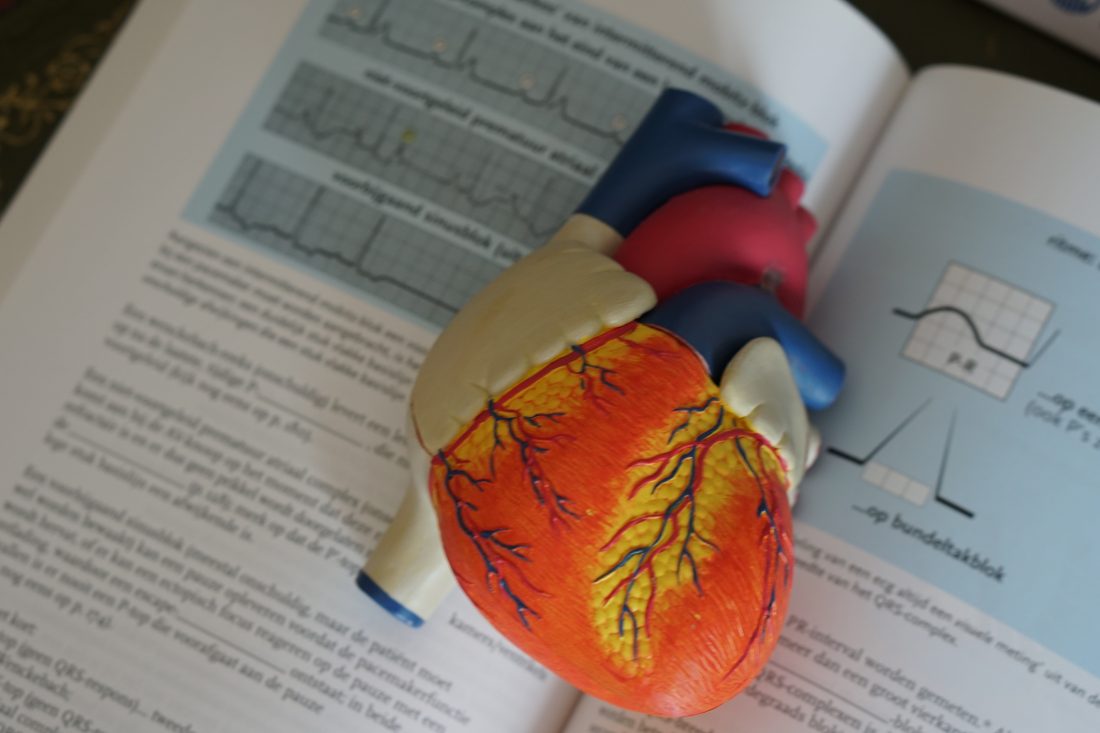Ensuring your child gets all the essential nutrients they need can feel like a juggling act. It’s hard to know what’s enough. However, the effects of missing key vitamins in their diet can manifest in subtle yet concerning ways. It’s therefore important to understand the signs of deficiency so you can take steps to address them promptly. This is crucial for your child’s growth, energy, and overall well-being.
So, here are some common signs that your child might be lacking vital vitamins and what you can do about it.
1. Poor Growth or Bone Pain
Slow growth and bone pain might be signs of a calcium or vitamin D deficiency. A lack of these nutrients can make bones weak and compromise physical development.
What to Do:
Provide calcium-rich foods like yogurt, cheese, and fortified plant-based milk. Combine these with vitamin D sources or supplements to enhance calcium absorption and encourage regular outdoor playtime and morning sunlight.
2. Delayed Wound Healing or Bruising Easily
Slow wound healing or frequent bruising may indicate a lack of vitamin C or vitamin K. These vitamins are essential for collagen formation and blood clotting, respectively.
What to Do:
Add leafy greens like kale and spinach for vitamin K and citrus fruits or broccoli for vitamin C. These small dietary adjustments can significantly support your child’s healing process.
3. Fatigue and Low Energy Levels
If your child seems unusually tired, even after a good night’s sleep, they might be missing essential vitamins such as iron, vitamin B12, or vitamin D. Iron is vital for oxygen transport in the blood, while vitamin B12 supports energy production and neurological health. A lack of vitamin D can also contribute to fatigue, especially during colder months when sunlight exposure is limited.
What to Do:
Incorporate iron-rich foods like spinach, lentils, and lean meats into their diet. Add fortified cereals and dairy for B12, and ensure your child gets sufficient sunlight exposure or a vitamin D supplement if necessary.
4. Frequent Illnesses
A compromised immune system is often a sign of deficiencies in vitamins C and D. Vitamin C boosts white blood cell production, helping the body fight off infections, while D plays a crucial role in immune regulation.
What to Do:
Introduce oranges, strawberries, bell peppers, and fortified foods like milk or orange juice. Consider consulting a pediatrician about supplementation during winter.
5. Dry Skin and Brittle Hair
If your child’s skin is dry or their hair seems dull and brittle, they may be lacking vitamin A or biotin (vitamin B7). Vitamin A supports healthy skin and vision, while biotin is essential for maintaining strong hair and nails.
What to Do:
Include vitamin A-rich foods like carrots, sweet potatoes, and eggs in their diet. For biotin, foods like nuts, seeds, and whole grains can make a noticeable difference.
6. Pale or Yellowish Skin
Pale skin may indicate iron deficiency anemia, while yellowish skin could be a sign of a lack of vitamin B12 or folate. These vitamins are essential for producing healthy red blood cells and supporting energy levels.
What to Do:
Introduce iron-rich foods, pair them with vitamin C for better absorption, and add folate-rich foods like beans and leafy greens. For B12, they include dairy, eggs, and fortified cereals in their meals.
7. Dental Problems
Bleeding gums and frequent cavities may signal a deficiency in vitamin C or D. These vitamins are essential for gum health and strong teeth.
What to Do:
Encourage regular brushing and flossing alongside a diet rich in vitamin C from fruits and vegetables. For vitamin D, ensure adequate sunlight exposure and consider fortified foods.
8. Vision Issues
Difficulty seeing in low light or dry eyes might be symptoms of a vitamin A deficiency. This vitamin is essential for maintaining healthy vision and eye function.
What to Do:
Offer foods rich in vitamin A, such as carrots, sweet potatoes, and dairy products. These can help restore eye health and prevent further vision problems.
9. Digestive Issues
Constipation or bloating can sometimes result from a lack of fiber or magnesium, but deficiencies in B vitamins can also play a role in gut health.
What to Do:
Increase your child’s intake of whole grains, fruits, and vegetables for fiber. For magnesium, include foods like nuts, seeds, and beans.
The Bottom Line
While it’s vital to address deficiencies as they arise, prevention is always the best strategy. The best way to prevent deficiencies is to consistently give them a balanced diet. While snacks are ill-advised, replace sugary treats with nutrient-dense options like nuts, yogurt, or fresh fruit. Then, make sure to monitor your kids. When they manifest signs of illness, stunted growth, teeth issues, or fatigue, don’t take it lightly. Consult a pediatrician before things get dire. A little effort today can make a big difference in your child’s long-term well-being.


